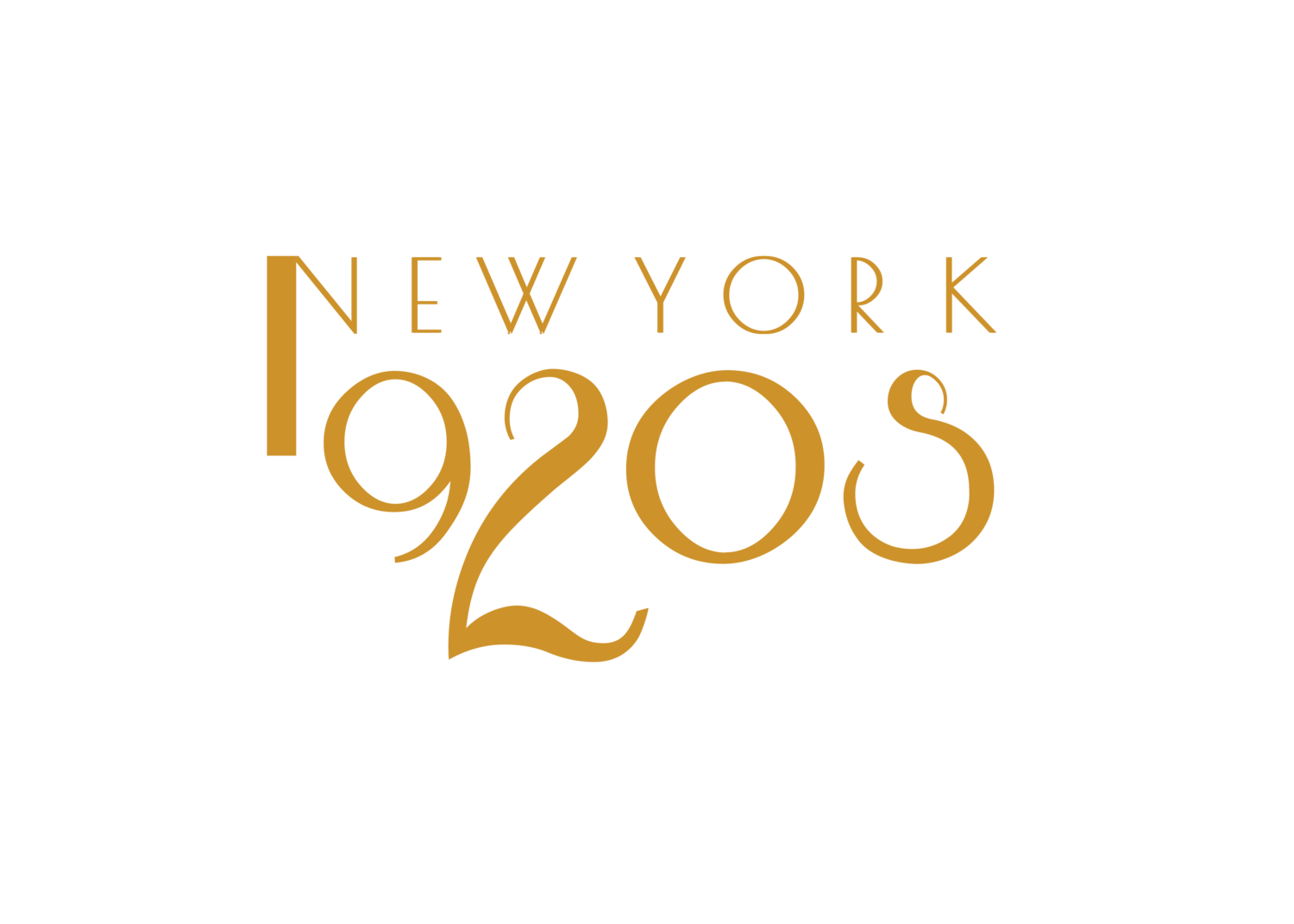RacisM in song:"Ching-a Ling's jazz bazaar"
One hundred years ago today … Popular songs about Chinatown such as "Ching-a Ling's Jazz Bazaar" reduced Chinese US culture to racist tropes.
A comedic song written by Ethel Bridges and Howard Johnson, "Ching-a Ling's Jazz Bazaar" was recorded in January, 1920 by The Shannon Four for Vocalion, and again recorded March 19, 1920 by Joseph C. Smith's Orchestra, for Victor Records. Listen to the Shannon Four version here. It was recorded a third time for Edison Blue Amberol Recordings by Mack and Miller (listen here).
The song portrays a Chinatown brothel. As Judy Tsou writes:
The words "jazz bazaar" indicate a brothel: the word "jazz" was synonymous with the word" sex" in the early 1900s. The lyrics of the song confirm it: "you'll see each China John, -with swell kimonos on" looking at "the sing song girlies." The women dance for the men, and "ev'ry jazzy little dance they do is handl'd neat, sweet. And when they roll their almond eyes, it's pigtail paradise. (Judy Tsou, “Gendering Race: Stereotypes of Chinese Americans in Popular Sheet Music,” Repercussions 6.2, 1997)
The sheet music, including the lyrics, printed by influential music publisher Leo Feist, features a cover that employs its own confused cluster of stereotypes: pigtailed and Fu-Manchu-ed men, a statue in a Buddha pose, lanterns, dragons, etc.
Reiss, Lionel S., 1920. Courtesy University of Gonzaga Digital Collections.
The artist was Lionel S. Reiss, then a 26-year-old Polish/Jewish immigrant living on the Lower East Side who would go on to an acclaimed career in fine arts.
Composer Ethel Bridges was likewise forging a name for herself. Though not celebrated in the NYC press, her hometown paper congratulated her her success.
San Francisco Examiner, 1 April 1920. p. 11. Newspapers.com.
1920 Victor Records. Courtesy Youtube user Team Treat.
WRITTEN BY JONATHAN GOLDMAN, OCTOBER 28, 1920
TAGS: Chinese-US, Chinatown, popular music, immigration, racism, stereotypes, music publishing, comedy


